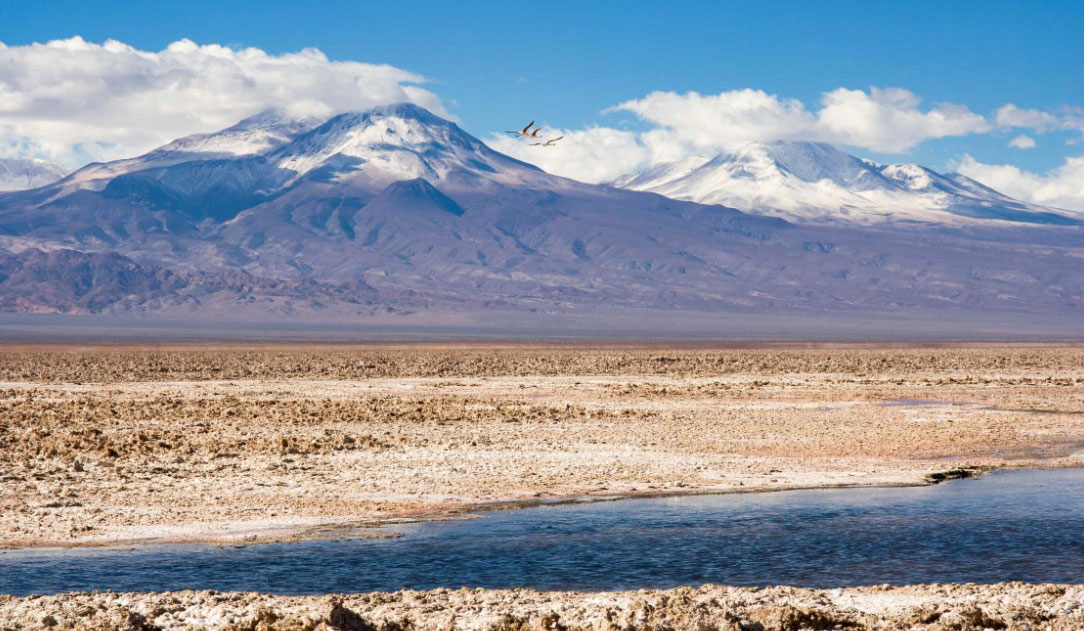German carmaker the BMW Group has entered the Responsible Lithium Partnership, a cross-sector collaborative that will work toward responsible natural resources management for the future of the Salar de Atacama salt flat in Chile, for sustainable lithium production.
The partnership, which also includes lithium and copper mining representatives along with indigenous communities, government delegates and agriculture members, is aiming to gain a “better understanding of the interdependencies between freshwater and lithium brine layers, evaluate various technologies and acquire the expertise to assess sustainable lithium mining” for the region, also called the Lithium Triangle.
The Responsible Lithium Partnership, formed in 2021 by BASF, Daimler Truck, Mercedes-Benz and Volkswagen, initially agreed to a three-year collective. BMW is the sixth member.
“One of the ways in which [BMW] is supporting the project is by sharing scientific findings on the impact of lithium mining on water resources in Chile’s Salar de Atacama,” the group said.
BMW previously linked with BASF in 2020 to commission a study by the University of Alaska – Anchorage and the University of Massachusetts – Amherst into the effects of lithium mining on local water balances in Latin America.
The newest study will provide a scientific basis for future decisions about lithium sourcing.
The project coordinator is the German Agency for International Cooperation (GIZ) and is targeting the development of a joint vision for the future of the water catchment areas of the Salar de Atacama.
Source: BMW Group

